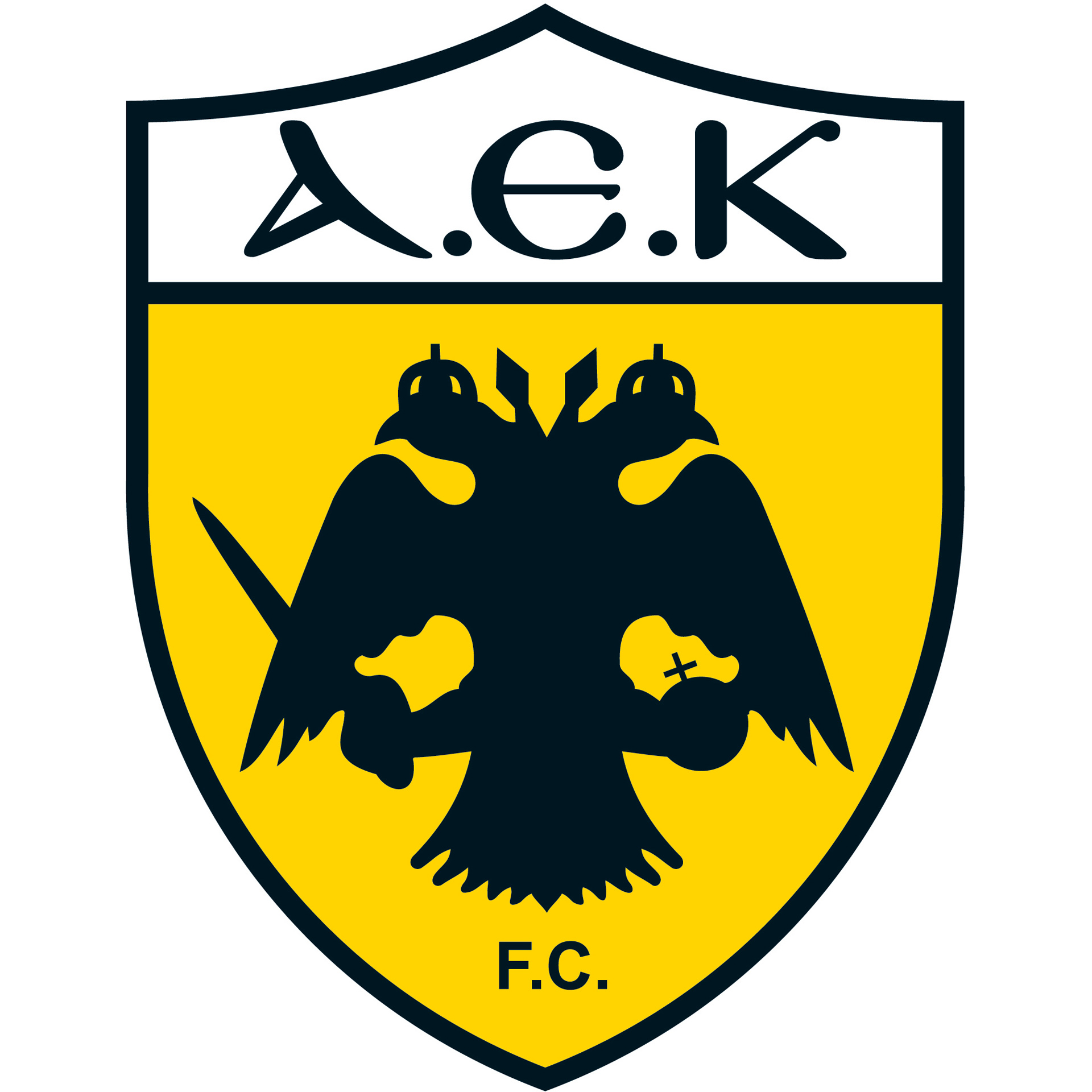Brentford is Celebrating Our Sisters on Black History Month 2023
This year, the theme for Black History Month is “Celebrating our Sisters, Saluting our Sisters, and Honouring Matriarchs of Movements”. This theme highlights the crucial role that Black women have played in shaping history, inspiring change, and building communities. Black women have always been at the forefront of social justice movements, fighting against oppression and paving the way for change.
This year is a significant opportunity for Brentford Community Sports Trust to both recognise and celebrate the exceptional achievements of black women, with a focus on honouring the matriarchs of movements and saluting their sisters in British society, as well as their local and inspirational Black women across West London in various fields – from sport, literature, music, science, politics and social care to campaigners, nurses and everyday heroes who have made a difference to their lives.
As Black History Month begins, Brentford spoke to some of the Trust’s Post 16 players to find out more about their cultural heritage, backgrounds and the connection they have to the West London community.

What is your cultural heritage and background and what connects you specifically to Brentford & the wider community?
Sofia: So, my mum is half Portuguese and half Angolan and my dad’s Portuguese, and what connects me to the area of Brentford is that I play for the Post 16 girls’ team.
Nia: My Mum is From Grenada and my dad is from Jamaica and I’m connected to Brentford through playing for the girls post 16 team.
So, when thinking about black Music and food what comes to mind? What did you grow up listening to and what foods were household staples for you?
Sofia: My mum used to make a lot of ‘Muamba’, which is an Angolan dish – which is essentially a chicken stew with ‘funge’ which is like a pounded yam. Growing up we used to listen to and to be honest still do a lot of kizomba. Which is famous in Angola and a lot of southern Africa.
Nia: Growing up, the music we listened to was a lot of 90’s Reggae & R&B. The food that we ate ranged from Jerk Chicken & Rice & Peas to Oxtail and a lot more Caribbean dishes.

Do you have a local restaurant or takeaway whose food reminds you of a taste of home?
Sofia: No, not really. I think in London and the U.K. in general, there aren’t many Angolan restaurants, there are more Portuguese restaurants which in some respects are similar, but many Angolan recipes aren’t widely known and tend to be passed down through generations and amongst families.
Nia: There are two for me! So, one is ‘Jerk Centre’ and the other is ‘Sun Jam’. Both have predominantly Caribbean chefs that work in them, so they know the food and recipes well.
What’s your go to order?
Nia: It has to be Rice & Peas, Jerk Chicken, Plantain and sometimes a bit of Coleslaw on the side!

Coming from and growing up in west London, what are some of your earliest memories of Black music and culture?
Sofia: My uncle used to own the ‘jet set’, which is a nightclub and there used to be a lot of parties that took place there. Being there I would hear a lot of Angolan music, music from Cape Verde and a lot of African music in general.
What kind of people used to go to the jet set?
Sofia: Any really, but mostly black people with African heritage. There always used to be posters outside the club that would say “come in to hear the best Afro Music”.
What were some of your earliest experiences?
Nia: Most Sunday mornings I would just wake up to my mum playing music whilst she was cleaning. I’d hear a lot of Caribbean music whilst growing up and attending family birthday parties as well.

Aris Limassol FC Social, Environmental, and Health Initiatives





